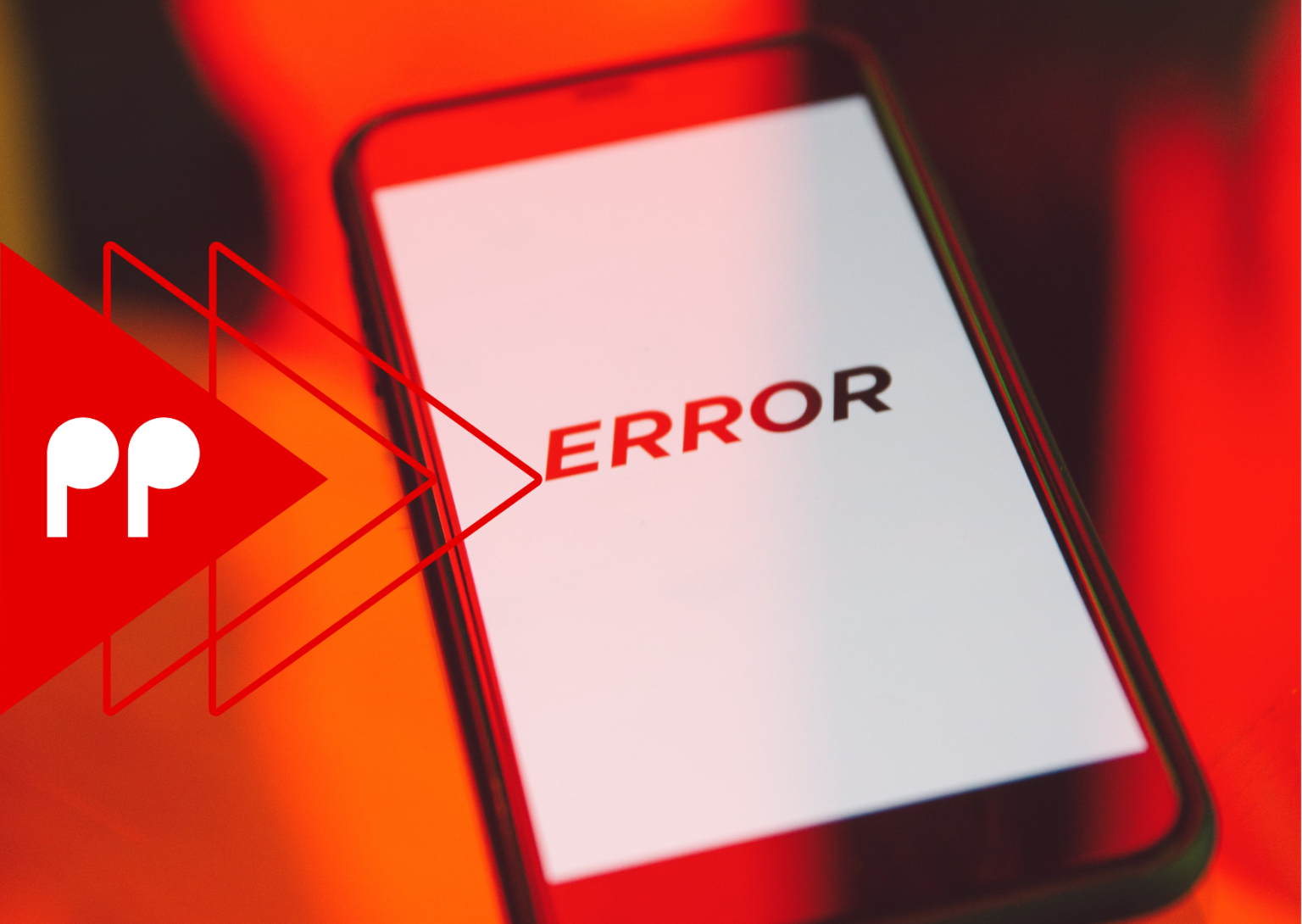Being in opposition can often feel like a relentless battle, yet it harbours unique opportunities for growth, learning, and strategic planning. Like the introspection between relationships, political parties in opposition have the chance to refine their approach while observing the ruling party’s missteps. This position allows for an engagement strategy that leverages policy failures to connect with a broader electorate, offering a pathway to future victories.
Harnessing policy failures for accountability and engagement
No government is perfect. Each faces its share of policy missteps. For opposition parties, these failures provide a rich soil for critique, learning, and proposing alternative solutions. It’s a chance to demand transparency, call for inquiries, and challenge prevailing narratives, tapping into the public’s yearning for accountability and integrity in governance.
Beyond criticism: proposing viable alternatives
Criticising the ruling party’s failures is only half the battle. The real challenge lies in presenting well-crafted, alternative policies that address not only the issue at hand but also a broader, positive vision for the future. Successful opposition is about problem-solving, not just problem-identifying, requiring clear, actionable proposals that resonate with the electorate’s needs and aspirations.
Policy failures often have tangible impacts on communities. Just saying and repeating said negative consequences of a policy failure will not suffice in the eyes of the voters. You need to be able to also present how you would go about solving the problem at hand, and while doing that, be able to connect with those who need you the most. Opposition politicians can really take advantage of these moments to connect with affected individuals and communities. Visiting impacted areas, meeting with affected citizens, and actively listening to their concerns can create a powerful and long-lasting bond between the opposition and the electorate.
This approach requires effective communication strategies, ensuring the opposition is seen as a credible, empathetic alternative to the status quo. When opportunities like these come, voters will look for stability. And if you are unable to provide a coherent answer to their needs and problems, they will soon realise that “you are no better than the other”. Your competitor might lose voter base and support, but you won’t be able to channel these into your own by simply “bashing your opponent”. That is something that the voters can do by themselves. Your role is to provide answers.
Navigating crisis with unity: the exception to opposition critique
While leveraging policy failures is generally advantageous, certain situations call for unity and support. In times of national crises, such as wars or natural disasters, the initial response should be cooperation. However, this doesn’t preclude subsequent critique if the ruling party’s actions exacerbate the situation, underscoring the importance of readiness to pivot strategies according to evolving circumstances.
The art of vigilance in opposition
Being in opposition is far from a powerless stance – it’s a position of strategic vigilance. By using policy failures as a springboard for engagement, proposing viable solutions, and fostering community connections, opposition parties can solidify their credibility and lay a strong foundation for future governance. Effective opposition means not only critiquing but also offering a vision for better policy-making and governance, positioning the party for a successful transition from critique to leadership.

